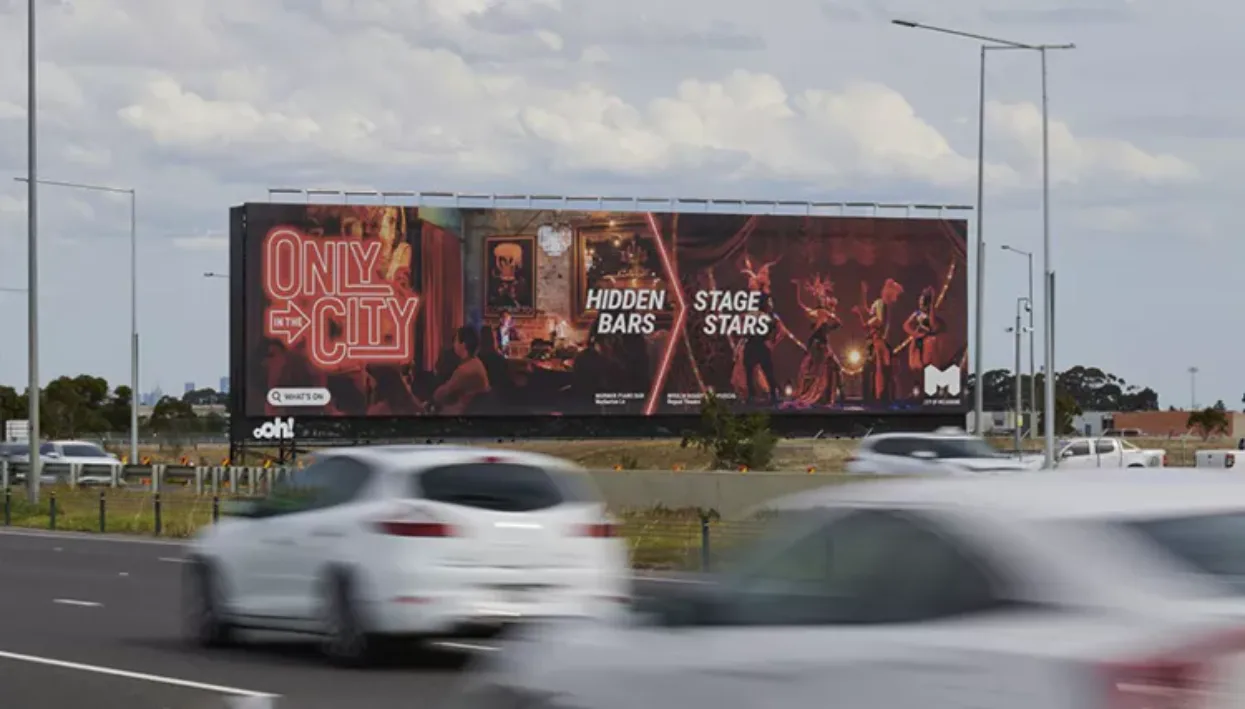Outdoor Advertising
Signage
Substrates
Sustainability
Ecobanner: super-large format PVC-free banners for outdoor advertising
Author
FESPA Staff
Published Date
27/08/2024
Become a FESPA Member
to Continue Reading
